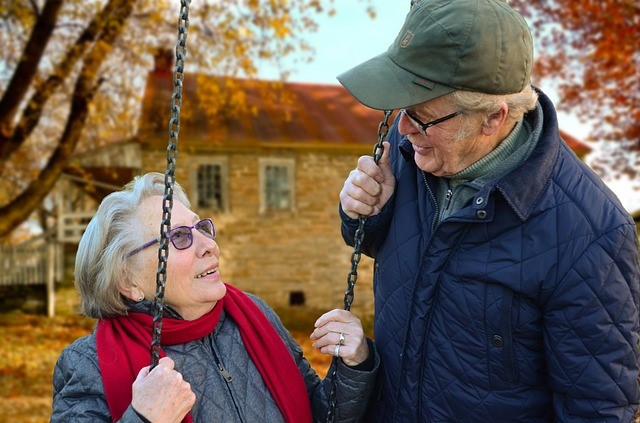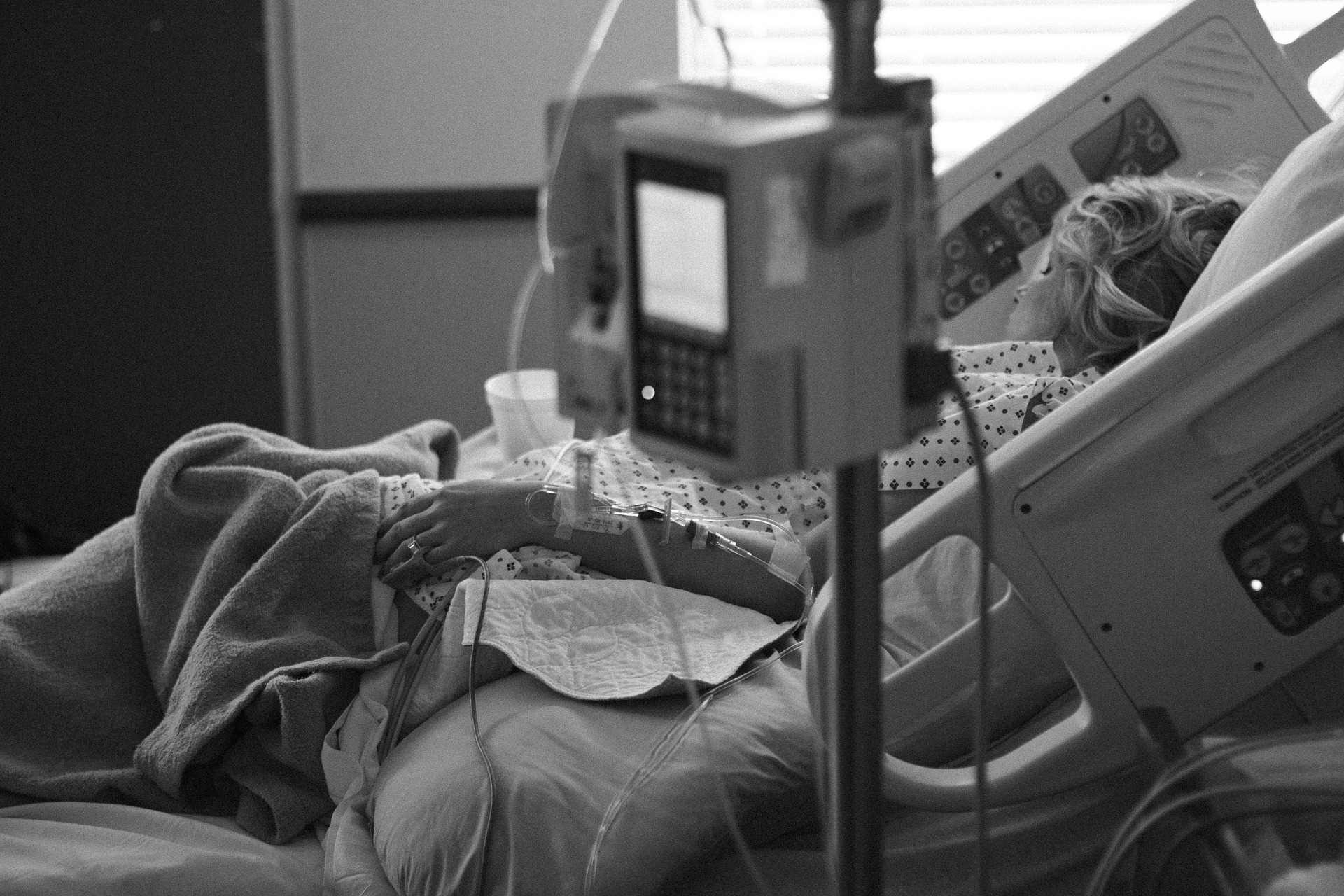
A Will may be written some time before death. It is not unheard of for a named Executor(s) to die before the Testator. If one or more of the Executors dies it may be that the Will names one or more other Executors. It would then be for those Executors named to take up their entitlement to the Grant of Representation to the Will.
If all of the named Executors have died or are unwilling to be appointed, the order of who is entitled has to be established by using the NCPR 1987. It may be that a beneficiary under the Will could become the Personal Representative. It is therefore important if you find yourself in this sort of situation that you seek legal advice on who can apply for the Grant of Representation;
How do I apply for the Grant of Representation?
You can apply for the Grant of Representation if you are a Personal Representative (PR) of the estate. A Personal Representative or PR could be an Executor named in a Will or an Administrator, where there is no Will.
There are two main types of Grant of Representation; the appropriate one will depend on the circumstances of the estate. The two main types of Grant of Representation are as follows; More...

Once you have a Will, it is important to keep it updated to ensure it continues to reflect your circumstances. So any changes in your personal circumstances should trigger the review of your Will. Most solicitors will be happy to look at your personal circumstances ensure your Will is still appropriate.
Changing the provisions of a Will can be done in one of two ways either by:-
a. Making a codicil to your Will; or
b. Making a new Will
Howells Solicitors looks at the advantages and disadvantages of both, to help you decide how to proceed. More...

It is always difficult when a relative dies. You may be the deceased’s next of kin, but it is extremely helpful to know what if any legal rights you have.
Many people assume that being the next of kin means that you automatically have the right to make decisions and deal with the affairs of your loved one. However, this is not the case.
What are the Next of Kin’s legal rights?
As far as the law is concerned next of kin means nothing with the exception of children aged under 18. The next of kin of a child under 18 may be legally entitled to make decisions for or on behalf of the child.
The term usually means your nearest blood relative. In the case of a married couple or a civil partnership it usually means their husband or wife.
Next of kin is a title that can be given, by you, to anyone from your partner to blood relatives and even friends. It is also possible to name more than one person as your next of kin. This is a title that is primarily used in order for emergency services to know who to keep informed about an individual’s condition and treatment. More...

Finding that you are reaching the end of your life can be difficult. The initial shock and disbelief may make it difficult to think clearly and you may need time to deal with the news.
Although it is not possible to know how long you have and the future is uncertain, it is important to consider putting your affairs in order.
Writing a Will may help put your mind at ease regarding what will happen to your possessions and loved ones after you have gone. It could give you the reassurance that you have done your best to take care of the people you love. Making a Will may spare them having to make painful decisions, as well as financial difficulties that could occur if your wishes are not made clear.
In order to help you at this difficult time, Howells Solicitors has put together a brief guide to writing a Will. More...

When a person dies abroad, the death can be even more distressing than usual. Those left behind are left to deal with both their grief and the confusion of dealing with an unfamiliar system.
Help is available to anyone who finds themselves in these unfortunate circumstances. We at Howells Solicitors have put together a brief guide to ensure that matters are dealt with in a way that can minimise distress as much as possible.
1. Who to inform when someone dies abroad
When somebody dies abroad, the best thing to do is contact the nearest British embassy, High Commission or Consulate. They will be able to give you advice on what you need to do according to the laws of the country you are in. It is also a good idea if you are on package holiday to inform your tour organiser. They may also be able to help you with arrangements.
2. How to get a death certificate abroad
All deaths must be registered in the country where the death occurs, and how this is done will depend on the country. Deaths must be registered in accordance with the relevant laws of that country. The British Consul should be able to help you with this. The local death certificate will be accepted in the UK, but you may need to get a certified translation if the document is not in English. More...
